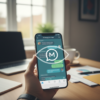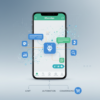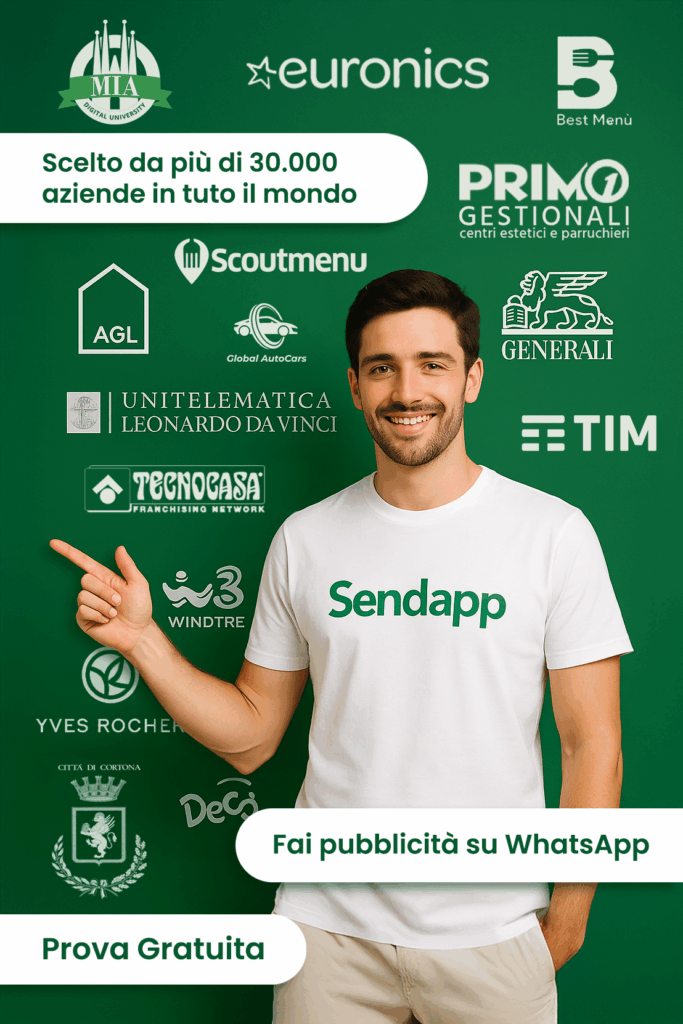Doctors use ChatGpt to Give Bad News to the Company
In the ever-changing world of technology, doctors are embracing an unexpected innovation: the use of ChatGPT to improve their empathic communication with patients. This surprising development opens up new horizons in the relationship between healthcare and artificial intelligence, although some questions and concerns remain regarding the use of generative AI such as ChatGPT in this context.
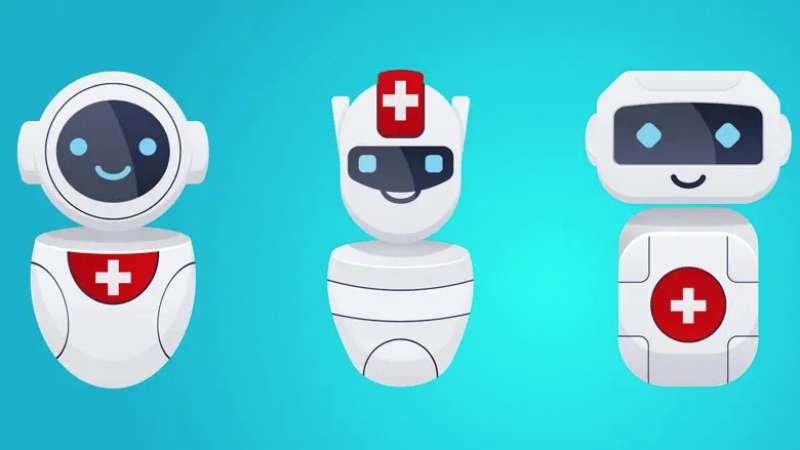 Doctors Embrace ChatGPT for Empathic Communication
Doctors Embrace ChatGPT for Empathic Communication
A New York Times article revealed how doctors are leveraging ChatGPT to communicate with patients in a more humane and compassionate way. This initiative also surprised the creators of ChatGPT at Microsoft and OpenAI, as their initial goal was to simplify administrative and non-human tasks.
An Unexpected Change
Peter Lee, corporate vice president of research and incubation at Microsoft, predicted that ChatGPT would be used for administrative tasks such as insurance documentation or summarizing clinical notes. Instead, he has found that many doctors are turning to ChatGPT to improve their communication with patients, especially when faced with difficult news.
The Importance of Empathy in Medicine
Empathic communication is crucial in medicine, as it can greatly influence patient well-being and the quality of care. Some doctors have noted a lack of empathy in their colleagues when communicating negative news to patients and their families. ChatGPT offers a new tool to address this challenge.
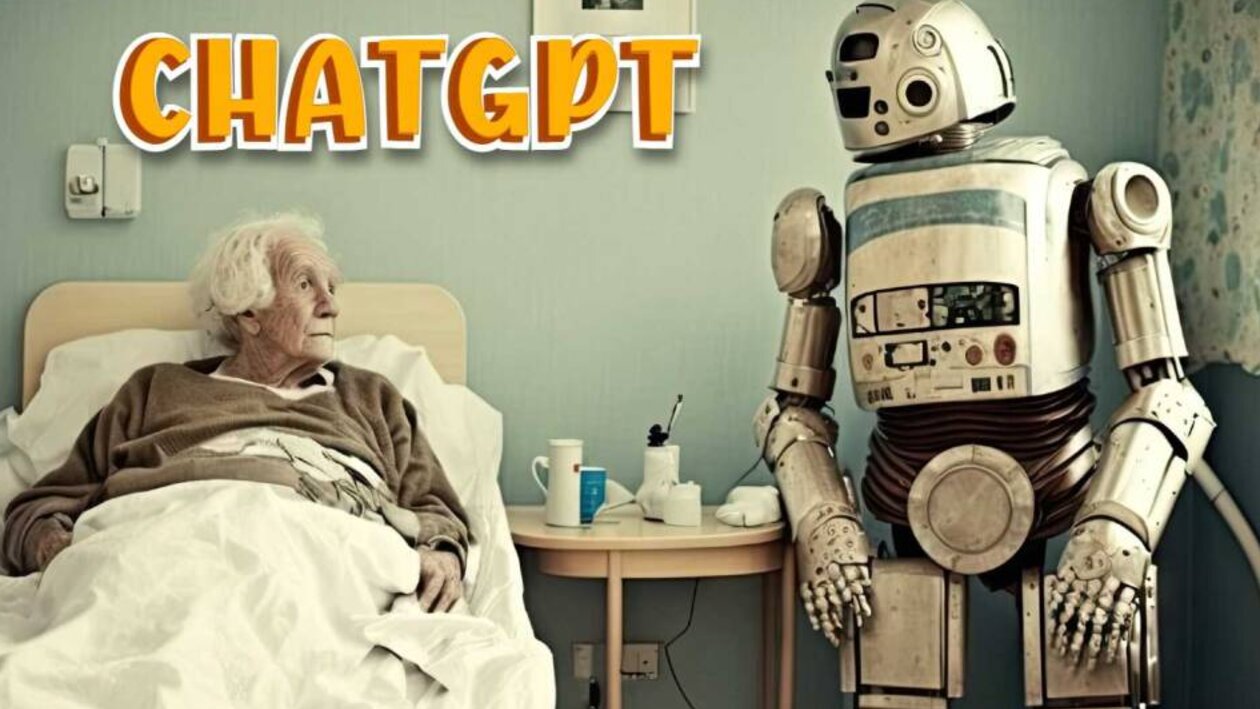 Divergent Opinions Among Doctors
Divergent Opinions Among Doctors
Opinions on the benefits of ChatGPT in medical communication are divided. Some, like Dr. Michael Pignone of the University of Texas at Austin, believe ChatGPT can help doctors find the right words to communicate understandably and compassionately, even about sensitive topics like alcoholism.
However, not everyone is convinced of the advisability of using ChatGPT in this context. Some doctors worry that AI could generate incorrect or inconsistent responses, thus making patients worse off. The discussion on when and how to use AI in medical communication is still open.
The Challenge of Understandable Medical Language
Another challenge that emerges is that of understandable medical language. Some doctors use overly technical or complex language, which can be difficult for patients. ChatGPT can help simplify medical language, making it more accessible.
Conclusions
The use of ChatGPT in medical communication represents an interesting twist in the world of healthcare and AI. While many doctors see the potential to improve their empathy and communication, concerns remain related to the accuracy of AI-generated responses. The debate over how to balance technological innovation with human sensitivity in medicine continues to evolve.


